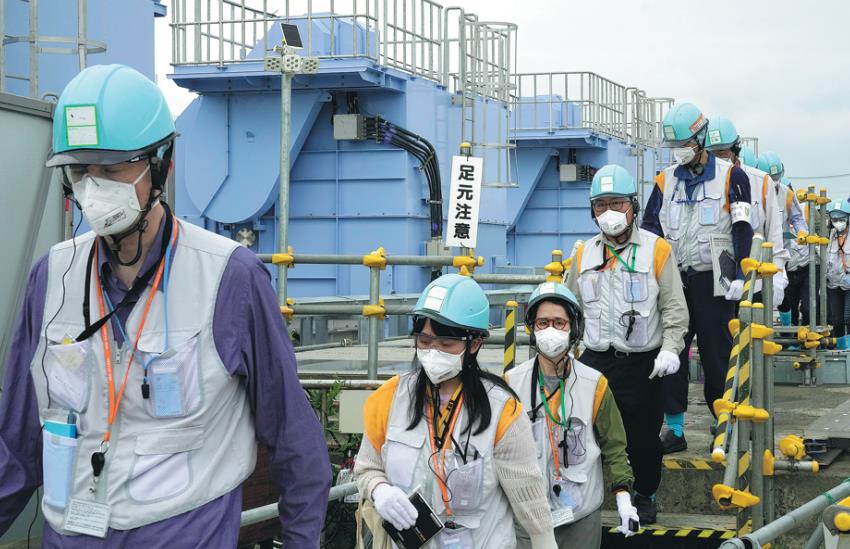IAEA report wrong: Nuclear scientist
Updated: 2023-07-24 07:07

ISLAMABAD — The International Atomic Energy Agency's report on Japan's planned discharge of nuclear-contaminated water into the Pacific Ocean is wrong, a Pakistani nuclear scientist says.
"I think it's a very favorable treatment to Japan by the IAEA," Zafar Koreshi, dean of graduate studies at Air University Pakistan, said in an interview with Xinhua News Agency.
"It ignored the interests of the local people who are affected by this and of the regional countries who are going to be affected by this."
So it is legitimate for China, South Korea and other regional countries to demand a joint mechanism to have their concerns addressed, he said.
The Fukushima disaster, like the one in Chernobyl in 1986, was a level-7 nuclear accident, the highest on the International Nuclear and Radiological Event Scale.
Japan's plan to dump nuclear-contaminated water into the sea is extremely dangerous and harmful to fish, because it contains cesium, strontium, iodine and tritium, carbon-14 and cobalt 60, with some of them being radioactive, Koreshi said.
The Chernobyl accident caused a very high level of radiation damage to the fish, he said, and if people eat this kind of contaminated food, it would affect the health of millions of people for many years.
"It goes deep into the human DNA and affects medical structure inside our body, and is transmitted through generations," he said.
The biggest loser from Japan's nuclear-contaminated water discharge will be Japanese fishers, Japanese people and the entire country itself, Koreshi said.
The Pacific is a big ocean, in which the dumping of nuclear-contaminated water would potentially affect all the regional countries heavily dependent on the fish and plants that grow beneath the water, he said.
Koreshi urged Japan to immediately cease its dumping plan and work with its neighbors to conduct scientific research and simulations to study the potential effects on marine life.
Xinhua
























